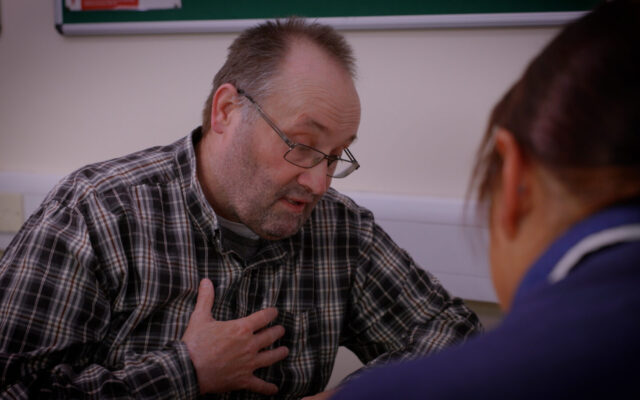Describing her early experience, an ex-inspector writes (page 8) that she was largely welcomed when she visited homes. Most people were caring and wanted to put good ideals into practice. Others were excited to learn modern approaches which encouraged service users to lead their own lives.
But then things changed. “My role had become a policing one, I was not always welcome and didn’t get the same openness and cooperation from people. Sometimes staff and even residents had been primed NOT to talk to me. The effects of the cultural change were both dramatically obvious and deeply insidious”. Priority was given to the publication of reports, scores and ratings were the order of the day. Inspectors were told that their duty was to inspect and enforce and that homes should buy in their own advice from trainers and consultancies since giving extra guidance was not the inspector’s role. What happened in our culture that inspections became a superficial clip-board exercise and, worse, something to be feared rather than an opportunity to learn?
Now we have a new broom at the CQC and we must all hope that it reaches the dark dusty places it failed to in the past. The new Chief Inspector, Andrea Sutcliffe, has set out her plans in A Fresh Start for the Regulation and Inspection of Adult Social Care, ahead of a full public consultation in spring 2014.
Ms Sutcliffe says: “You cannot regulate for love, compassion, tenderness, dignity and respect but these are the values our inspectors will be looking for”.
She promises that inspection teams will involve people with personal experience of care. If she really wants to ensure these values are recognised, people with learning difficulties must be included in relevant teams.
[su_divider]
‘Grand ideas’ should never be trusted
BBC4 recently screened two intelligent, lucid documentaries (see p.27) charting the post-war experience of British children who found themselves outside the mainstream, either through physical or learning disability or some other social and family circumstances that made them ‘misfits’. The two programmes showed that ‘grand ideas’ should never be trusted.
The second programme ended optimistically, citing the ground-breaking civil rights basis of the 1995 Disability Discrimination Act, the reduction in special schooling, the impact of the Paralympics and the emergence of the social model of disability.
It is tempting to share this optimism but if these programmes taught us anything it is that people have been saying for many years that the latest approach (usually their latest approach) is the right one, that things were bad in the past but will be OK from now. The idea of the disabled person, particularly the person with learning disabilities, as an object of social experiment has never gone away. Well-meaning theorists and social policy gurus have found the disabled person, and other ‘vulnerable’ people, fertile ground for implementation of their beliefs, often with terrible consequences. We can take heart that some of that theoretical and policy ground has now been appropriated, quite rightly, by disabled people themselves. But we should never rest easy, we should never believe that some ‘fundamental truth’ has been discovered and history has ended. Our own ‘fundamental truths’ will vanish and be replaced, just like those of earlier ages.




